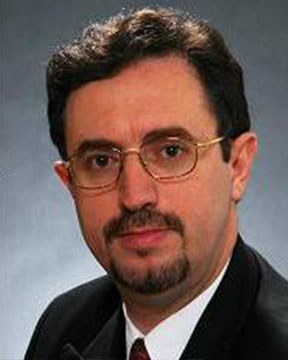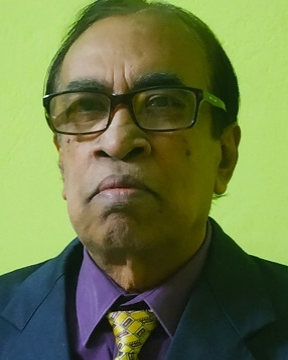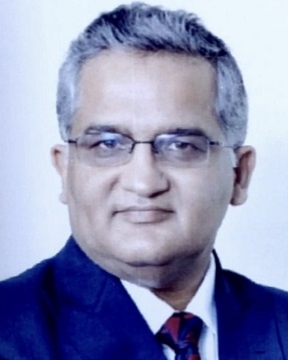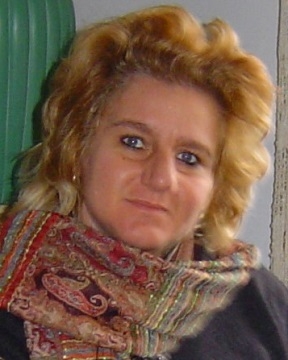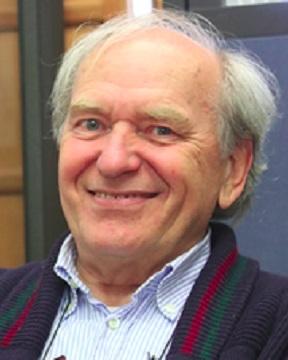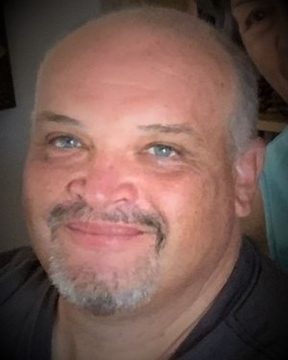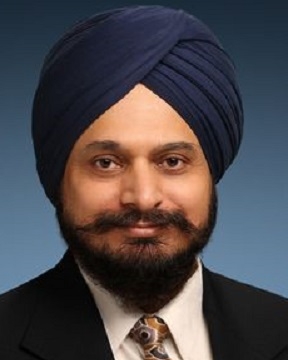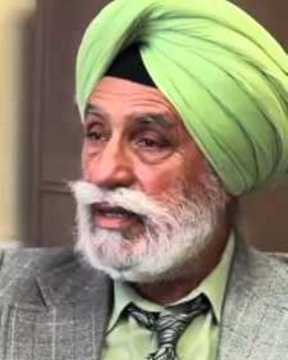
Intl. Symp. On Physics, Technology and Interdisciplinary Research for Sustainable Development

Bio |
CV |
Publications
This major symposium is in honour of the distinguished work and lifetime achievements of Prof. Hardev Singh Virk, a pioneer in interdisciplinary research in India using heavy ion beams for irradiation of minerals, glasses, polymers and other insulators. He was instrumental in using Radon concentration in indoor air, soil and groundwater for estimation of health hazard effects and earthquake prediction in the Himalayas to develop applications for sustainable development of the region.
Prof. Virk received his Bachelor degree in Science (B.Sc.) with Distinction from Punjab University, Chandigarh (1961) and Masters in Physics (M. Sc.) with specialisation in Elementary Particles from Aligarh Muslim University, Aligarh (1963). He started his teaching career in an Engineering College in 1963. In 1970, he won the Scholarship of French Government for pursuing his research leading to Doctorate (Ph.D.) in High Energy Nuclear Physics from Marie & Pierre Curie University, Paris (France) in 1972 with highest citation of 'Tres Honorable'. The results of his investigations were published in "Nuclear Physics" and "Comptes Rendus", Proceedings of Academy of Sciences, Paris. He was offered a Post-Doctoral Fellowship to work in K0 - anti K0 collaboration between CERN, College of France and Tata Institute of Fundamental Research (TIFR), Bombay but his parent university was not in favour of his joining this collaboration.
Prof. Virk has 50 years of Teaching & Research Experience in several Universities and Institutions of Punjab state. He started his teaching career in 1963in an Engineering College at Ludhiana. Thereafter, he served in Punjabi University, Patiala (1965-79), Guru Nanak Dev University, Amritsar (1979-2002), DAV Institute of Engineering & Technology (2008-11), SGGS World University, Fatehgarh Sahib (2013-17), Punjabi University Patiala (2017-19), and SGGS World University, Fatehgarh Sahib (2020-till date). His research output is commendable and spread over interdisciplinary areas of High Energy Nuclear Physics, Radiation Physics, Heavy Ion Physics, Geochronolgy, Radon Studies for Environmental Health Hazards & Earthquake Prediction, Nanotechnology, History & Philosophy of Science. Professor Virk has published 425 research papers in national & international journals; 45 books and 150 articles on Science Education & Science Policy in India. His research papers are listed on Web of Science, Researchgate, Academia.edu, Mendeley, ORCHID, Vidwan, and Google Scholar with h-index of 26 and i-10 index 95.
He has travelled through 50 countries for his academic pursuits: participating in international conferences, delivering Seminar lectures and as a Visiting Professor in about a dozen foreign universities, including UC Berkeley. He enjoyed the status of a Senior Associate of International Centre for Theoretical Physics (ICTP), Trieste, Italy during 1988-93. Third World Academy of Sciences provided him Travel grants under South-South Fellowship to visit China, Iran, Malaysia and Hungry. He was Guest Research Professor at Technical University of Innsbruck (1987) and Honorary Visiting Professor at University of North Texas at Denton, Texas (1993); a Visiting Scientist at Lawrence Berkeley Laboratory and University of California at Berkeley (1993).
Academic Honours and Awards:
(a) Distinction in Physics, B.Sc. Exam., Punjab University, Chandigarh. (1961).
(b) "Most Honorable" in Doctoral Dissertation of Marie Curie University, Paris (1972).
(c) First Prize for Translation of Popular Science Book "Story of Cosmic Rays"(Brahmandi Kirna Di Kahani) awarded by Punjabi University, Patiala (1969).
(d) First Prize for Text Book "Heat and Thermodynamics "(Tapgati Vigyan) awarded by Punjabi University, Patiala (1977).
(e) First Prize for Text Book "Atomic Physics "(Atomi Bhautik Vigyan) awarded by Punjabi University, Patiala (1978).
(f) Senior Associateship of International Centre for Theoretical Physics (ICTP), Trieste, Italy (1988-93).
(g) Shiromani Award as Best Writer of Scientific Literature in Punjabi awarded by Punjab State Languages Department (1993).
(h) Honorable Mention Award of Templeton Foundation (USA) for a Project on Global Perspectives of Science & Sikh Religion (2005).
Research Projects Supervised:
(a) Dating of Rocks (1974-77) under Council of Scientific and Industrial Research (CSIR), New Delhi.
(b) Deuteron Interactions in Nuclear Emulsions at 10 GeV/c (1976-79) under University Grants Commission (UGC) New Delhi.
(c) Uranium Estimation in Plants and Water (1979-82) under CSIR, New Delhi.
(d) Radon-Thoron Estimation in Soil (1983-88) under CSIR, New Delhi.
(e) Elemental Analysis of Fossil Bones using XRF (1986-88) under Third World Academy of Sciences, Trieste (Italy).
(f) Earthquake Prediction using Radon Signals (1988-91) under Department of Science and Technology (DST), New Delhi.
(g) Development of Gas Scintillation Proportional Counter (1988-91) under UGC, New Delhi.
(h) Heavy Ion Radiation Damage in SSNTDs: Basic Properties and Technological Applications (1989-92) under UGC, New Delhi.
(i) Earthquake Prediction using Radon Signals (1992-95) under Himalayan Seismicity Project of DST, New Delhi.
(j) Single Pore Sensor for Water Pollution Control (1993-95) under Ministry of Environment & Forests, Government of India, New Delhi.
(k) Radon/Helium Studies for Earthquake Prediction and Fault Delineation in N-W Himalaya (1995-98) under Himalayan Seismicity Project of DST,New Delhi.
(l) Seismo-tectonics and Earthquake Studies in the State of Punjab (1997-2000) sanctioned by the Department of Revenue, Government of Punjab, Chandigarh.
(m) Study of Radon/Thoron levels in Punjab and Chandigarh under BRNS, Department of Atomic Energy, Govt. of India (1996-2000).
(n) Heavy Ion Radiation Effects in Insulators under DST, New Delhi (1997-2001).
(o) Radon/Helium Monitoring in Thermal Springs under DST, New Delhi (2001)
(p) Earthquake Prediction Studies in N-W Himalaya using Geochemical Precursors (2000-2003) under Himalayan Seismicity Project of DST, New Delhi.
Research Highlights :
(a) Identification of very inclined and relativistic tracks in nuclear emulsion.
(b) Fission track dating of tektites, pegmatites, ore formations and volcanic eruptions.
(c) Calibration of glass dosimeters for neutron fluence determination.
(d) Uranium estimation and its biogeochemical exploration in the Himalayas.
(e) Earthquake prediction studies using Radon/Helium as a precursor.
(f) "Single Activation Energy Model" for annealing of radiation damage in insulators.
(g) Development of Ion Track Micro/Nanotechnology and its applications.
(h) Assessment of radiation health hazards in Punjab and Himachal Pradesh.
(i) Problems of Physics Education at School, College and University levels.
ROUND TABLE DISCUSSIONS
A round table discussion open to everyone interested will be organized at a specific date and time during the symposium. It will be a platform for high level representatives of various industries, technologies, and academic disciplines to freely discuss and debate all topics of this symposium, and identify positive and efficient pathways towards sustainability in industrial practices, technologies, and research.
You are cordially invited to actively participate in this symposium by submitting and presenting a paper, or by attending the round table. We look forward to meeting you in Phuket, December 2022.



